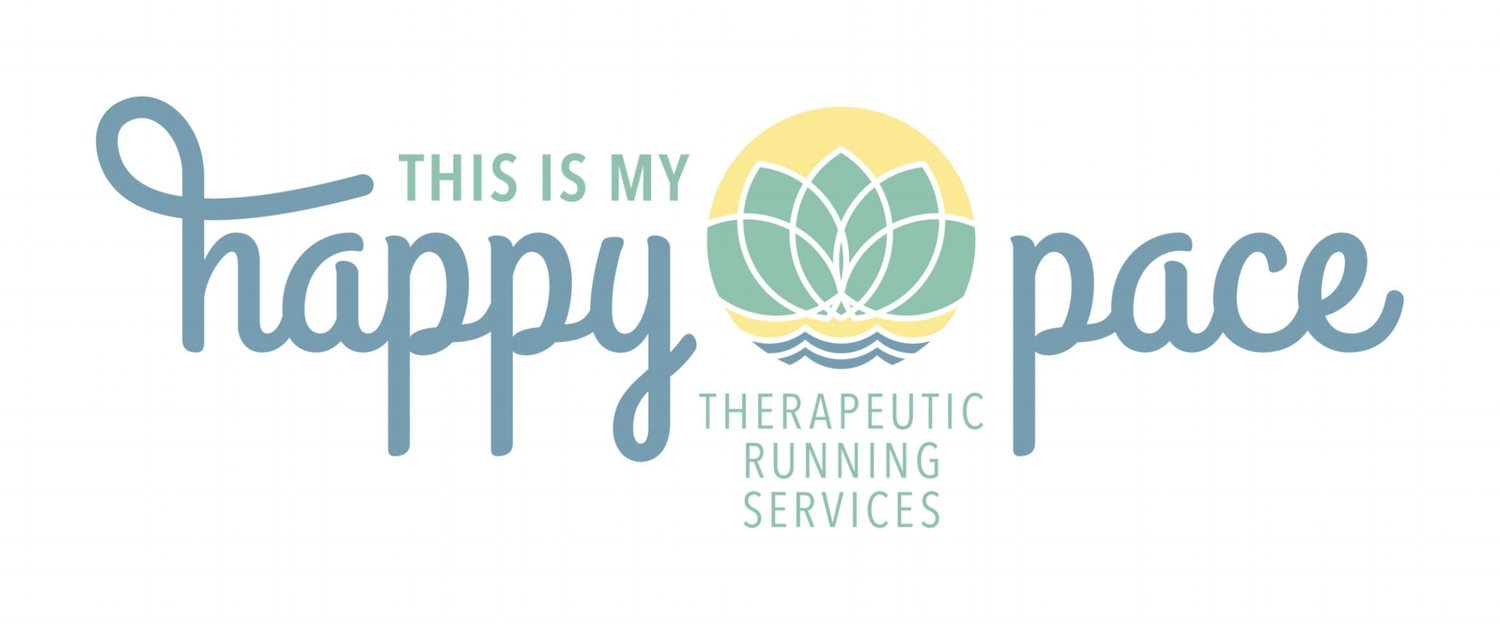What is RUNNING THERAPY?
Most people have an image of a stereotypical therapy session during which an individual lies on the couch of their therapist and discloses their deepest secrets or relives childhood memories. These ideas are probably the result of Hollywood portrayals and residual associations to Sigmund Freud and his early theories. Over time, the field of psychology has discovered the importance of developing interventions that address the needs of clients as individuals. Creativity and incorporation of innovative approaches to healing have resulted in new forms of therapy that dispel the aforementioned stereotype. Running therapy is among the many interventions transcending the hypothetical box.
Running/ walking sessions provide individuals with access to new ways of processing emotions, connecting with their bodies, altering their thinking, and engaging in treatment. Sessions are consistent with traditional talk therapy insofar as mindfulness, cognitive, and behavioral interventions are concerned. Action within sessions permits for rehearsal and in vivo access to the habits and patterns that an individual experiences in everyday life. Movement provides a unique opportunity to develop awareness and coping strategies for stress and anxiety.

